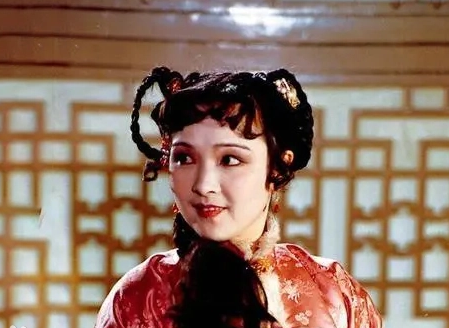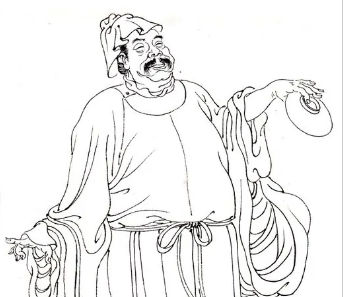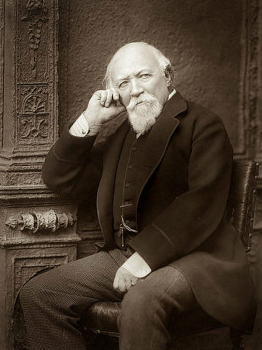In the ancient Chinese court, there were many special institutions and positions, each responsible for different tasks and duties. Among them, "Xinzheku" was a unique institution during the Qing Dynasty, playing an important role in the court. So, what does "Xinzheku" mean? And what responsibilities does it undertake?

"Xinzheku" is a Manchu phonetic translation, meaning "enclosure for managing cattle and sheep herds". During the Qing Dynasty, Xinzheku was one of the institutions affiliated to the Imperial Household Department, primarily responsible for managing and supplying livestock required by the royal family, including sheep, cattle, horses, and so on. Officials of Xinzheku were known as "Xinzheku Officials", and their duties mainly involved supervising and managing the royal pastures to ensure the supply of livestock to the royal family.
Although the work of Xinzheku may seem simple, it actually requires a high level of expertise and management ability. They needed to understand the growth habits of various livestock, master breeding and reproduction techniques, and also possess good management skills to ensure the normal operation of the royal pastures.
In addition, Xinzheku also had an important responsibility, which was to provide livestock for royal sacrifices. In ancient times, sacrifice was an important religious activity of the country, and a large amount of livestock was needed as offerings. Therefore, the work of Xinzheku was directly related to the country's religious activities and the image of the royal family.
Overall, "Xinzheku" was a unique institution during the Qing Dynasty, primarily responsible for managing and supplying livestock required by the royal family, as well as providing livestock for royal sacrifices. Although its work may seem simple, it actually requires professional knowledge and good management skills.
Disclaimer: The above content is sourced from the internet and the copyright belongs to the original author. If there is any infringement of your original copyright, please inform us and we will delete the relevant content as soon as possible.
































